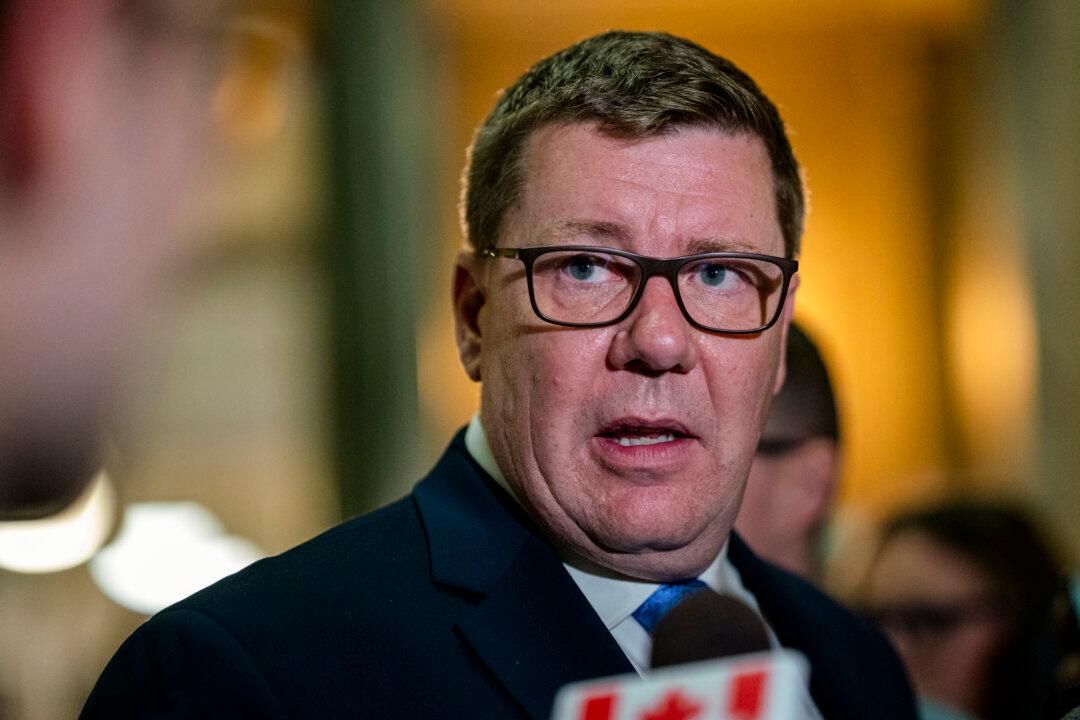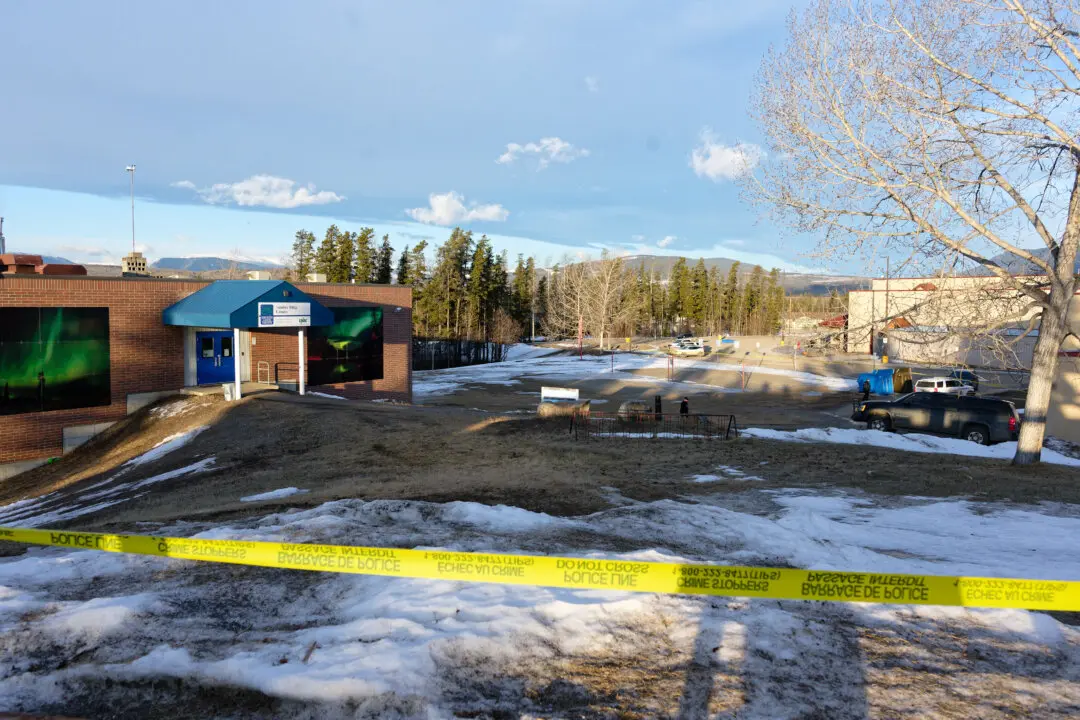More than half of Canadians say Saskatchewan is doing the “right thing” by refusing to collect the carbon tax on home heating, a new survey has found.
Fifty-four percent of those polled by Angus Reid say they support the actions of Premier Scott Moe and his Saskatchewan Party, with the majority of Canadians in every province except Quebec on board.





